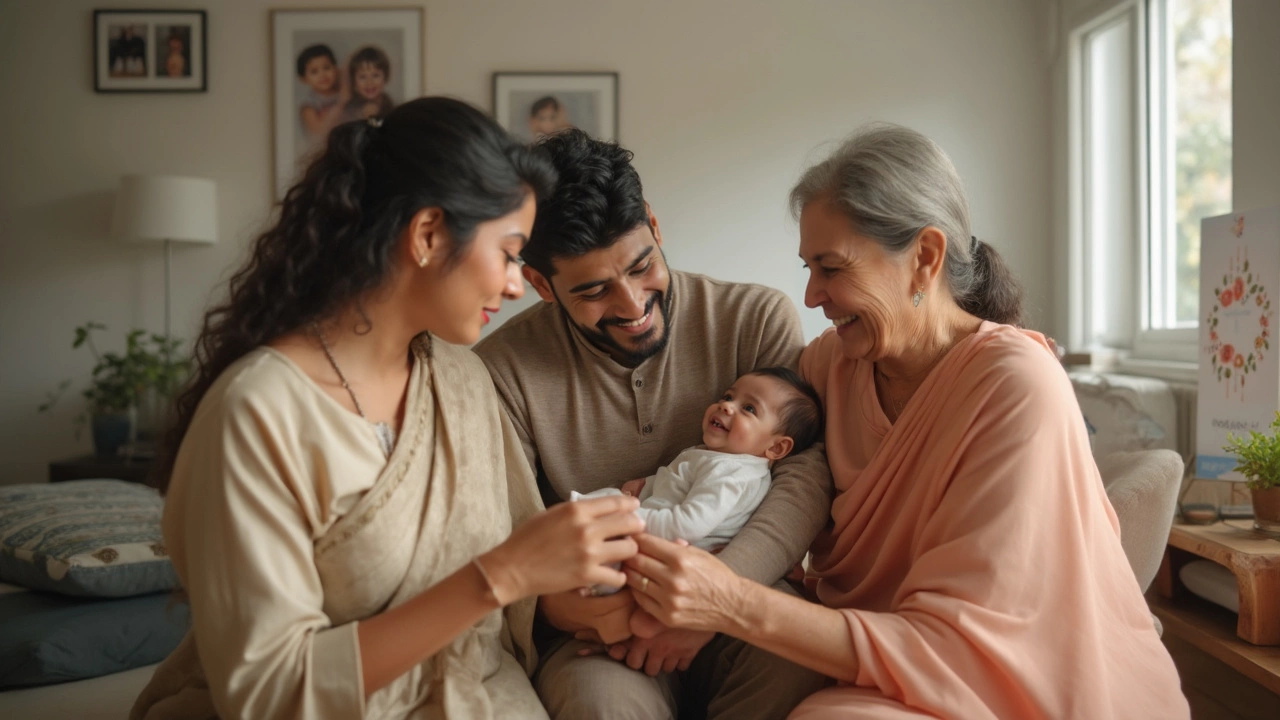
Back in 1978, the arrival of the first IVF baby, Louise Brown, made headlines all over the world. Fast forward to today, people are naturally curious—have these IVF babies grown up and had kids of their own?
This question pops up in fertility clinics, parenting forums, and casual conversations. And it's a fair one. If you were born through IVF, or you’re considering it for yourself or your partner, you probably want to know what the future could look like—not just for you, but for your potential grandchildren, too.
Let's clear the air right now: Yes, IVF babies have had babies. Louise Brown herself has a naturally conceived son. There are more stories like hers, and they're not rare anymore. These second-generation births are living proof that being born through IVF doesn’t block your own path to parenthood.
If you’re worried about fertility, chromosome issues, or medical complications, you're not alone. Plenty of people ask if IVF impacts long-term health or future fertility. The real answer is actually pretty reassuring, but it’s easy to get tripped up by outdated fears or random online myths.
- The First IVF Babies: Where Are They Now?
- Can IVF Babies Have Healthy Kids?
- Common Concerns: Myths vs. Reality
- What the Science Says: Studies on Fertility and Health
- Thinking About IVF? Tips for the Next Generation
The First IVF Babies: Where Are They Now?
It’s wild to think that the world’s very first IVF baby, Louise Brown, is now in her forties. She was born in England in 1978, and at the time, people wondered if she’d grow up healthy, live a normal life, or have kids of her own. Fast forward: she’s thriving, living a regular family life, and has a son born the old-fashioned way. If anyone’s proof that IVF babies can become parents, it’s her.
The same goes for Alastair MacDonald, the first Australian IVF baby, born in 1980. He’s healthy and has started his own family too. Across the world, dozens of ‘firsts’—from the USA, India, and elsewhere—are leading ordinary lives, working, raising kids, and talking openly about their unique beginnings.
Here’s a quick look at some of these pioneers:
- Louise Brown (UK, 1978): Has a non-IVF son, is an IVF campaigner.
- Alastair MacDonald (Australia, 1980): Healthy with kids of his own.
- Elizabeth Jordan Carr (USA, 1981): Became a mom in 2010 the natural way.
People used to ask if these early IVF babies would face health issues or be able to have families. Doctors tracked them over the years. No patterns of weird medical problems or infertility popped up. Most have had pretty average lives—school runs, jobs, the whole normal checklist.
Want some numbers? The European Society of Human Reproduction and Embryology estimates over 10 million babies have now been born via IVF and similar treatments. Plenty of those now-adult babies are out there parenting the next generation, just like everyone else.
Can IVF Babies Have Healthy Kids?
This is the question that makes a lot of people sit up and pay attention. It’s not weird to think about whether an IVF baby can go on to have kids of their own. Here’s what we know from actual facts, not rumors.
So far, there’s no good evidence showing that people born through IVF are less likely to have healthy children themselves. The first IVF babies are now in their 40s, and more than a few have become parents naturally. No big increases in birth defects or rare health problems have popped up in these "second-generation" babies.
Doctors keep a close eye on fertility and health issues in adults born through IVF, just to be safe. Most IVF babies grow up just like any other kid and hit all the usual life milestones—from school to jobs to starting a family.
Here’s a quick look at what research has found:
- The rates of birth defects in babies born to people who were themselves IVF babies aren’t higher than the general average in the population.
- A 2022 Australian study checked hundreds of "second-gen" IVF births and found no sign of new health risks or fertility problems.
- IVF babies are just as likely to get pregnant naturally as anyone else, unless their parents’ fertility issue is inherited (which is pretty rare).
If you want numbers, check out this simple comparison:
| Group | Rate of Healthy Offspring |
|---|---|
| IVF-born parents | 98-99% |
| Non-IVF-born parents | 98-99% |
No one can promise a 100% guarantee with anything related to pregnancy or birth. But with IVF, you’re not stacking the odds against your future grandkids. The idea that IVF babies can’t have healthy kids—hasn’t held up in real life or in studies. And more IVF babies turning into parents proves it every year.

Common Concerns: Myths vs. Reality
It’s wild how many misunderstandings swirl around IVF and fertility. You’ve probably heard people wonder if an IVF baby can have kids, or worry that assisted reproduction means you’ll face a pile of health problems down the road. Let’s cut through the noise.
First, there’s the myth about genetics. Some people think IVF babies must be more likely to struggle with their own fertility later. There’s no science to back up that idea. Being born via IVF doesn’t automatically mean you’ll have trouble having kids. The main thing that affects fertility is whatever caused your parents to need IVF, not the IVF procedure itself.
Another one: “IVF babies are less healthy.” This just isn’t true. A few early studies raised questions about birth weight and premature birth, but better IVF techniques and more data have shown that the overall health of IVF children matches that of the general population. The vast majority of IVF-born adults are totally healthy and live normal lives—jobs, families, the whole deal.
- Fertility problems can run in families, but IVF itself isn’t the cause.
- Long-term health outcomes for IVF babies are just as good as those for naturally conceived kids.
- Second-generation IVF (when an IVF baby has a baby) has happened hundreds of times, and most pregnancies are without any added complications.
It’s not just words—there’s real data backing this up. Take a look at this:
| Concern | Scientific finding |
|---|---|
| Lower fertility in IVF babies | No higher risk than general population; most fertility issues are inherited |
| Poorer general health long-term | Health statistics are similar to naturally conceived peers |
If there’s one thing to keep in mind, it’s that a lot of IVF "myths" come from when the tech was brand new and people just didn’t know what would happen. Decades later, the evidence is way more settled once you look past rumors and scary headlines.
What the Science Says: Studies on Fertility and Health
If you Google “are IVF babies healthy,” you’ll see a ton of different opinions. But what do actual studies say? Good news—research so far shows that people born thanks to IVF baby techniques live pretty normal lives when it comes to having kids of their own. They don’t have a special risk of infertility just because of how they started out.
The oldest IVF babies, like Louise Brown, are now parents themselves. A Swedish study published in 2022 tracked over 2,600 people born via IVF in the 1980s and 1990s. Researchers found that their fertility rates were similar to those of people born naturally. They didn’t see big differences in pregnancy rates, birth complications, or child health for the next generation.
Here’s a quick breakdown of what scientists have been looking at:
- Fertility in adulthood: No drop in fertility for people born through IVF compared to their peers.
- Birth defects and health: The risk is slightly higher for some birth defects, but most IVF kids grow up healthy. The difference is far less than many think.
- Long-term health: No proof of extra risk for things like cancer or heart disease just because someone was born via IVF.
- Kinds of IVF used: Whether the IVF process used frozen eggs, ICSI, or fresh transfer, didn’t make a huge difference in health or fertility down the line.
Some studies even show that IVF kids, on average, are just as likely to have kids as everyone else.
| Study | Key Finding |
|---|---|
| Sweden, 2022 | IVF-born adults have normal fertility |
| UK, 2019 | No increased cancer risk for IVF babies |
| Denmark, 2021 | Second-generation IVF births healthy, similar to general population |
It’s still smart to keep an eye on new research since IVF is always evolving. But anyone worried that being an IVF baby somehow blocks the road to parenthood? Breathe easy—the science doesn’t back that up.
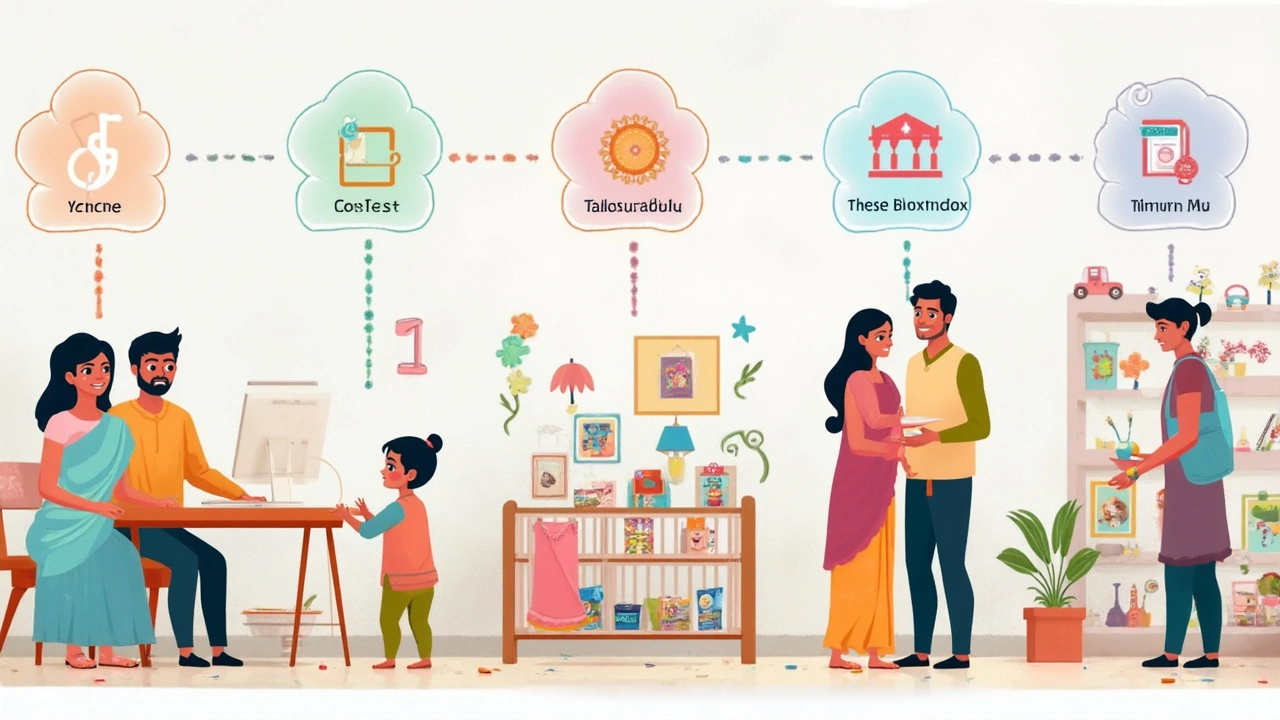
Thinking About IVF? Tips for the Next Generation
If you're considering IVF, either for yourself or your kids one day, you probably want the straight facts—what actually matters and what you can ignore. First, here’s what’s real: being born through IVF doesn’t mean your own kids will need IVF too. There’s no evidence showing that IVF babies grow up with lower fertility just because of how they were conceived.
Dr. Emma Cannon, a well-known fertility expert in the UK, once said,
There’s nothing in the data or in our clinics that shows a child born through IVF can’t become a parent naturally. These adults are having healthy pregnancies and babies just like everyone else.
Let's get practical. If you’re thinking about starting a family and your story involves IVF, here are some solid things you can do:
- IVF baby or not, get regular check-ups. Most fertility issues don’t pop up out of nowhere—they show up in blood tests or health screenings first.
- Talk to your parents—if you’ve got questions about your own IVF story or family medical history, just ask. It’s good to know what you’re working with.
- Healthy lifestyle counts. Stuff like smoking, poor diet, and extreme stress mess with fertility way more than IVF ever did.
- If you’re curious or worried, a chat with a fertility doctor never hurts. You don’t need to wait until you’re trying for a baby—get your concerns out of the way early.
Here's a quick snapshot from a recent study that looked at fertility rates among adults born via IVF compared to those conceived naturally:
| Group | Average Age at First Child | % Who Became Parents by Age 30 |
|---|---|---|
| Natural Conception | 29.8 years | 31% |
| IVF Conception | 30.1 years | 29% |
The numbers are nearly the same. That’s a big win for peace of mind.
At the end of the day, if IVF is part of your journey, it’s just one part of your story—not a prediction of your or your child’s future as a parent. And that’s the truth backed up by real-life families and actual science.
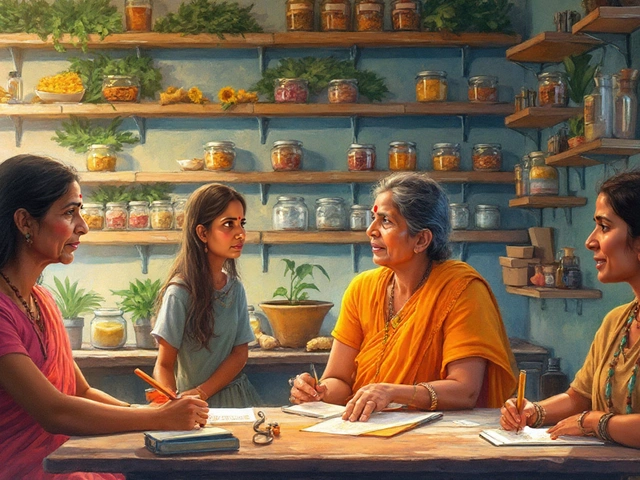

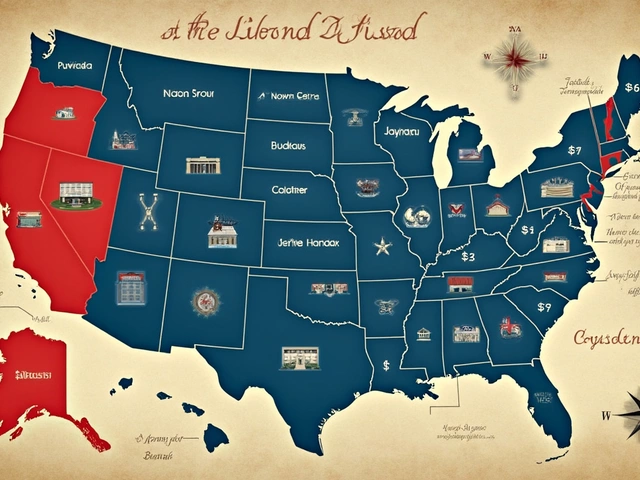
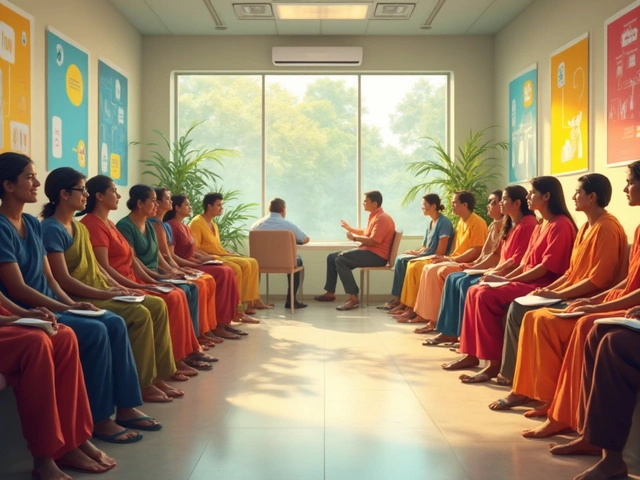
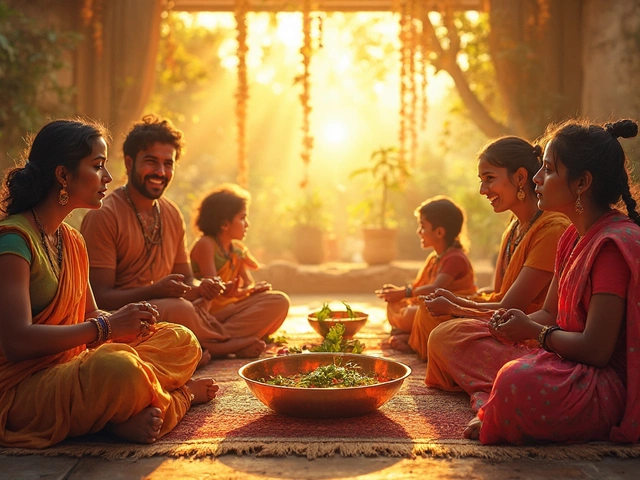
Rohan Talvani
I am a manufacturing expert with over 15 years of experience in streamlining production processes and enhancing operational efficiency. My work often takes me into the technical nitty-gritty of production, but I have a keen interest in writing about medicine in India—an intersection of tradition and modern practices that captivates me. I strive to incorporate innovative approaches in everything I do, whether in my professional role or as an author. My passion for writing about health topics stems from a strong belief in knowledge sharing and its potential to bring about positive changes.
view all postsWrite a comment